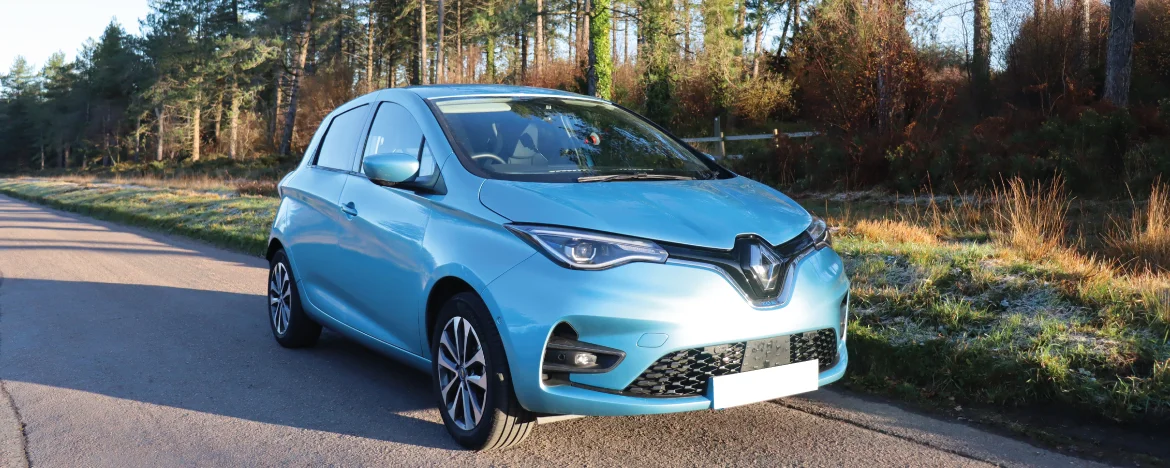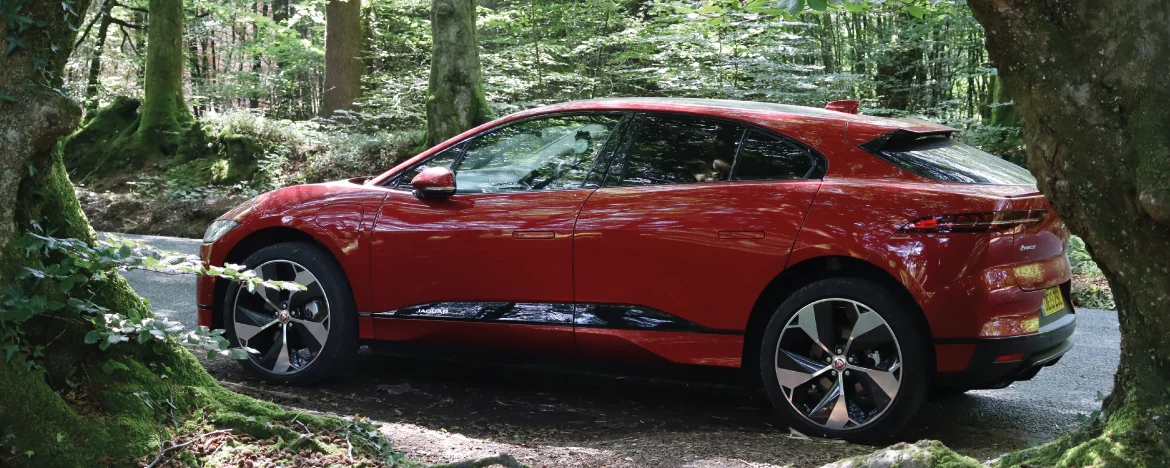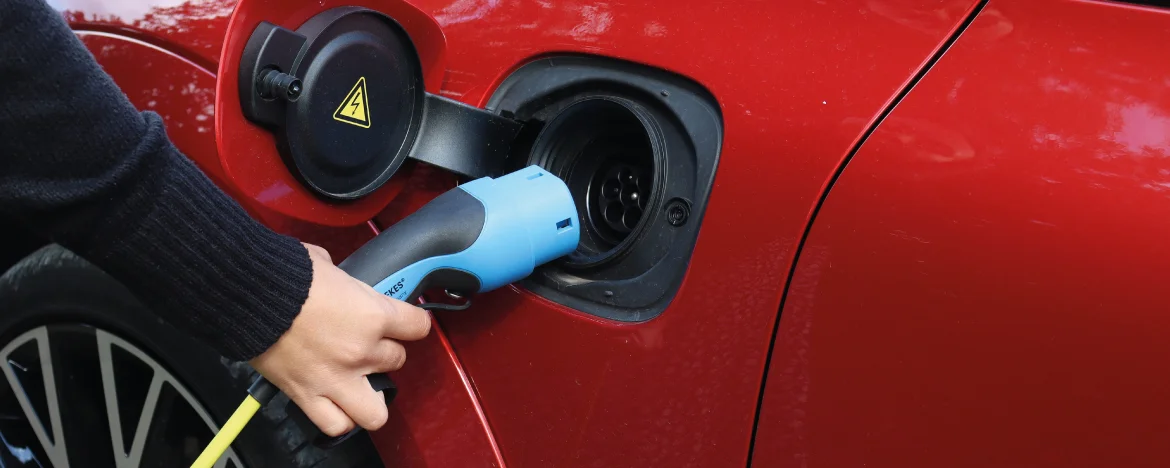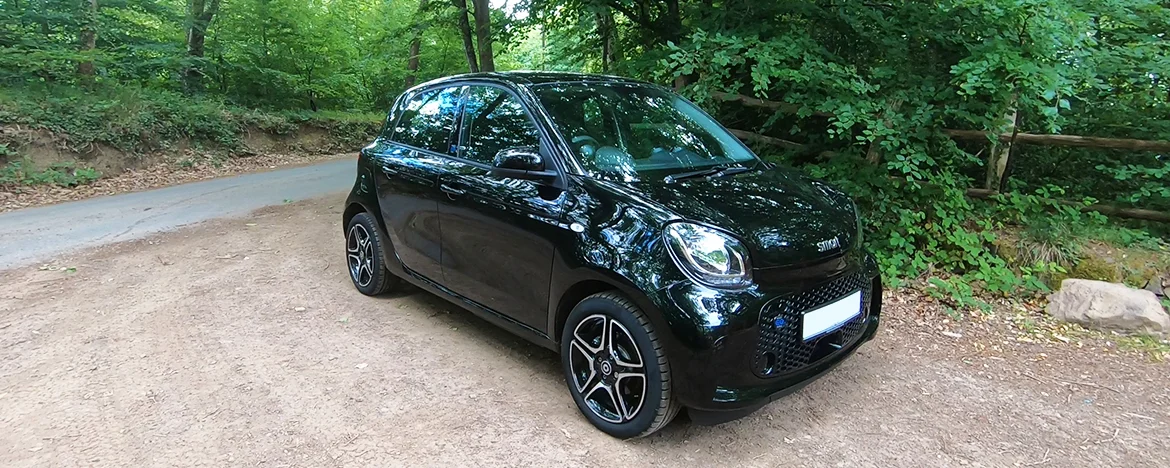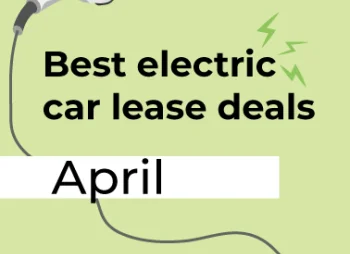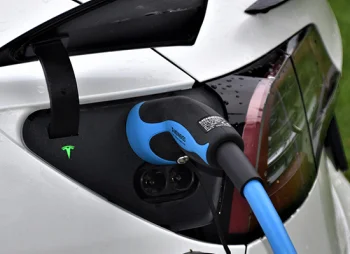Breaking down the true cost of owning an electric car
One of the common objections towards driving an electric car is the increased costs than can come with them, but are they as costly as they appear?
There is no denying that initially, electric cars can be more expensive than their combustion engine alternatives, but it is important not to lose sight of the big savings you make further down the line.
If you’re considering an electric car lease, we have compiled a thorough guide that will provide you with all the information you need to know about how much it costs to run, charge and service an electric car.

